The world's most powerful magnetic field and other news
BBC Click’s LJ Rich looks at some of the week’s best technology stories.
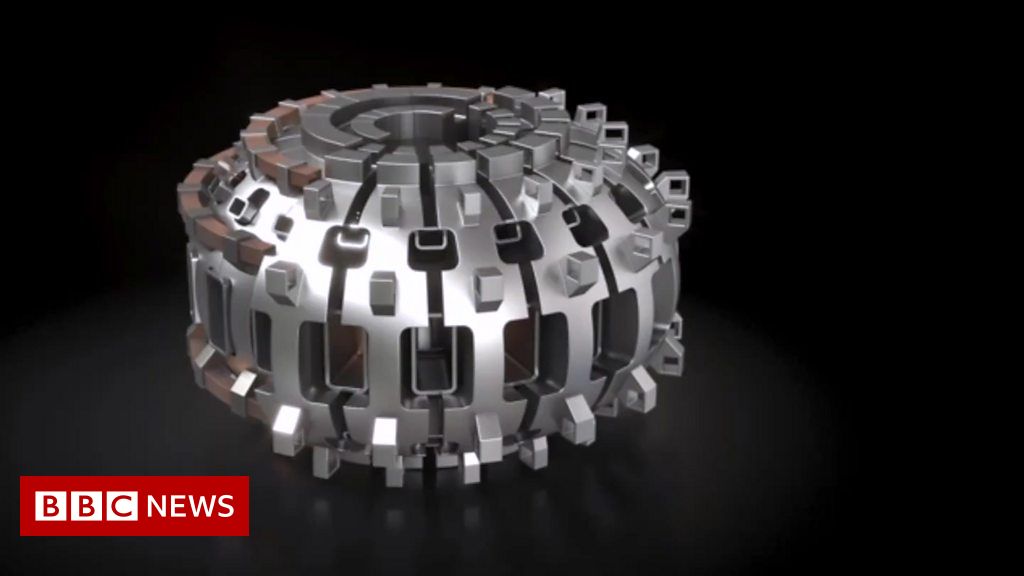

Brazil has recorded 4,000 coronavirus deaths in a single day with hospitals struggling to cope with patient numbers. Tarsila Vieceli, a coronavirus instensive care unit doctor at one hospital told BBC World News the health system had collapsed. She said: “We have been working at full capacity for quite some time right now… it has…
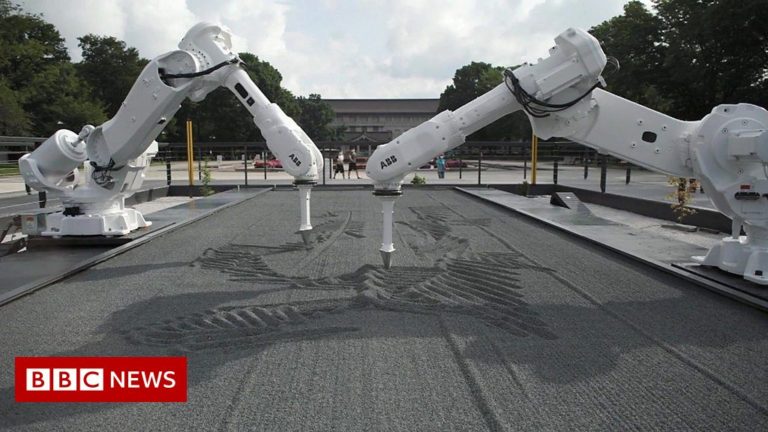
A robotic art installation inspired by traditional Japanese Zen gardens has been paying homage to athletes competing in the Olympic and Paralympic Games. The Constant Gardeners project looks at footage from different sports and then uses an algorithm to create an artistic representation of athletes’ movements. BBC Click’s Paul Carter reports. See more at Click’s…
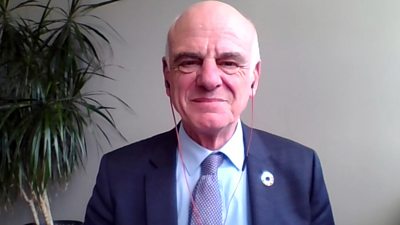
Leaders of individual countries need to work for the good of the world as a whole if we are to be better prepared to tackle pandemics, the World Health Organization’s special envoy for Covid-19, has said. “Unless we work for the good of all, we are all going to end up in a lot of…
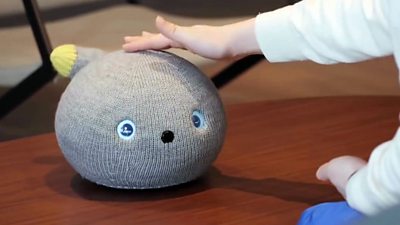
BBC Click’s Paul Carter looks at some of the best technology news stories of the week including: Google’s sister firm, Sidewalk Labs, cancels a smart-city project to track mobility patterns in the US city of Portland, Oregon Boston Dynamics criticises an art installation that will allow people to control a version of the firm’s robot…
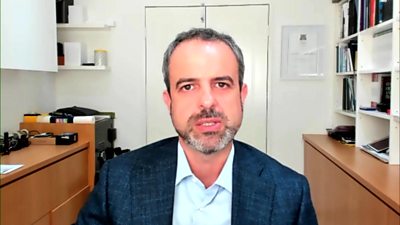
The president of the Australian Medical Association has spoken of his disappointment at Italy’s decision to block the export of 250,000 doses of the AstraZeneca vaccine to the country. Dr Omar Khorshid told BBC World News the country would soon be in a position to manufacture the vaccine itself but for now was dependent on…

France is honouring the US-born 20th Century singer and activist Josephine Baker with a place in the Pantheon on Tuesday. She’s the first black woman to be remembered in the resting place of France’s national heroes, through her work on civil rights and for the Resistance during the Second World War. Producers: Marianne Baisnee and…